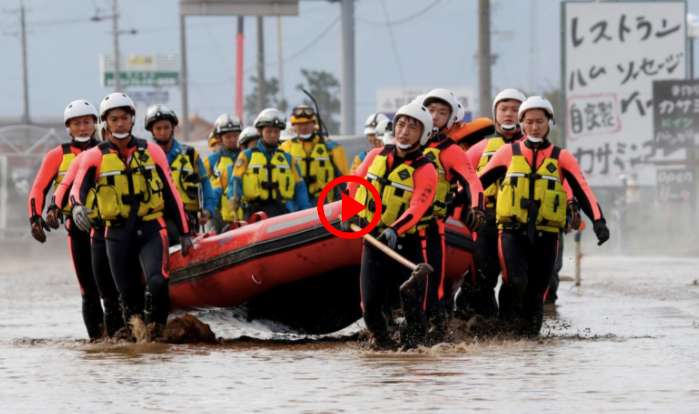Yukio Okamoto, a Japanese diplomat and fellow at MIT, died from Covid-19 on April 24 at the age of 74. The former special advisor to two prime ministers of Japan joined the Center for International Studies (CIS) in 2012 as a Robert E. Wilhelm fellow and served as a distinguished research fellow at CIS until his death.
“Yukio brought to MIT an unparalleled set of experiences on the world stage. A great loss of a great man — and friend of us all,” said Richard Samuels, Ford International Professor of Political Science and director of CIS.
Samuels said in an interview with Japan's media outlet NHK that Okamoto never stopped working vigorously for better understanding between the United States and Japan, and that he has never known anyone to be more committed to maintaining healthy bilateral relations than Okamoto was.
From 1968 to 1991, Okamoto was a career diplomat in Japan's Ministry of Foreign Affairs. His overseas postings included stints in Paris at the Organisation for Economic Co-operation and Development and in the embassies in Cairo, Egypt, and Washington. He retired from the ministry in 1991 and established Okamoto Associates, a political and economic consultancy.
Post-retirement, Okamoto had served in a number of advisory positions. From 1996 to 1998, he was special advisor to Prime Minister Ryutaro Hashimoto. From October 2001 to March 2003, he was special advisor to the cabinet. From March 2003 to March 2004, he was special advisor on Iraq to Prime Minister Junichiro Koizumi. Concurrent with the above last two posts, he was chair of the Prime Minister's Task Force on Foreign Relations. Until September 2008, he was a member of Prime Minister Yasuo Fukuda's Study Group on Diplomacy.
Okamoto was an adjunct professor of international relations at Ritsumeikan University as well as Tohoku University. He sat on the boards of directors of several multinational companies. He also served as the president of Shingen'eki Net, a nonprofit group for active seniors with 16,000 members. In addition, Okamoto wrote books on Japanese diplomacy and government and was a regular contributor to major newspapers and magazines. He was a well-known public speaker and a frequent guest on public affairs and news broadcasts.
While at MIT, Okamoto was an informal mentor to graduate students and a highly valued colleague to faculty and research staff. He worked with a study group from MIT and Harvard University to produce most of the text for a forthcoming memoir. The Center for International Studies will continue to work with his family and colleagues to bring this to fruition.
Okamoto also, during his MIT tenure, gave dozens of public presentations around the United States on topics related to U.S.-Japan relations and to Asian international relations. He did all this while working vigorously behind the scenes to repair Japan’s relationship with China and to help those in need in northeastern Japan after the triple catastrophes of March 2011 — the earthquake, tsunami, and nuclear meltdown. He also founded the Signal of Hope Fund, an initiative he established to assist the Tohoku fisheries industry recover from these disasters.
see also report 5 equal alliance global agenda- published today
joseph nye - chris macrae always asks the hard questions











